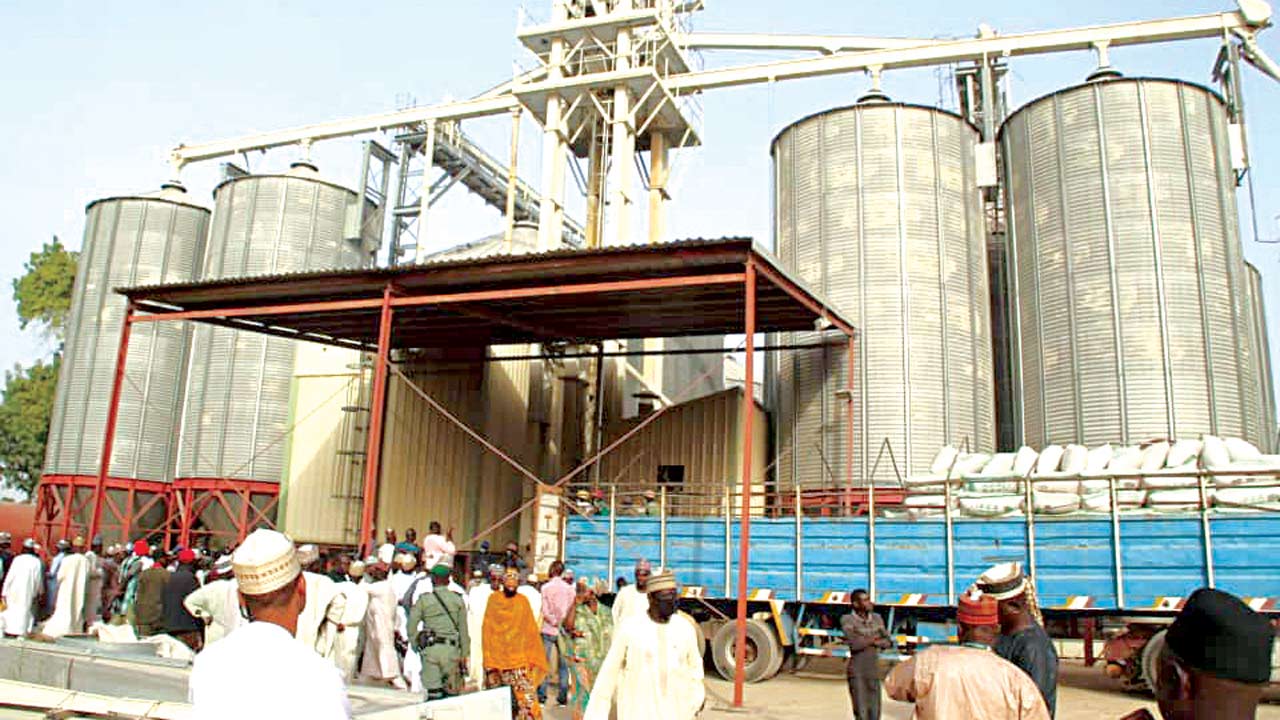The Nasarawa State Commissioner for Agriculture, Mohammed Oyigye, has outlined farmer empowerment, large-scale farming, and security as the state’s agricultural strategy for 2025.
In a press briefing in Lafia, Oyigye stated that the state aims to surpass the over 12,000 hectares cultivated in 2024, a move he assured would significantly boost agricultural activities.
According to him, the state’s governor, Abdullahi Sule, is committed to revitalising Nasarawa as an agricultural hub, adding that the 2025 strategy would advance that vision.
He said, “Agriculture in Nasarawa will move beyond rhetoric to action. Farmers, stakeholders, and government officials must roll up their sleeves and contribute meaningfully.
“This is not just about food production but also about job creation, food security, and economic growth. Let’s work together to achieve these goals.
“The governor has been instrumental in creating a secure atmosphere, which is essential for agricultural productivity.
“His administration has supported farmers with seedlings, training, and resources, ensuring they are equipped for success.
“The strides we have made—from high-yield seed distribution to capacity-building workshops—reflect the administration’s dedication to sustainable agriculture.
“This milestone showcases Nasarawa’s potential as an agricultural hub and the capacity of our farmers when adequately supported.”
He noted that the ministry plans to expand existing farms, replicate the success of the Jangwa rice farm in other areas, and ensure inclusive growth for all farmers.
He said, “We understand the challenges farmers face, and we are committed to easing their burdens.”
He called on stakeholders across all sectors to collaborate on the Nasarawa Agricultural Plan, emphasising unity as a pathway to progress.
He said, “Nasarawa is ready for business, with fertile land, hardworking farmers, and a government willing to collaborate. Let us make Nasarawa a model for agriculture in Nigeria.”












